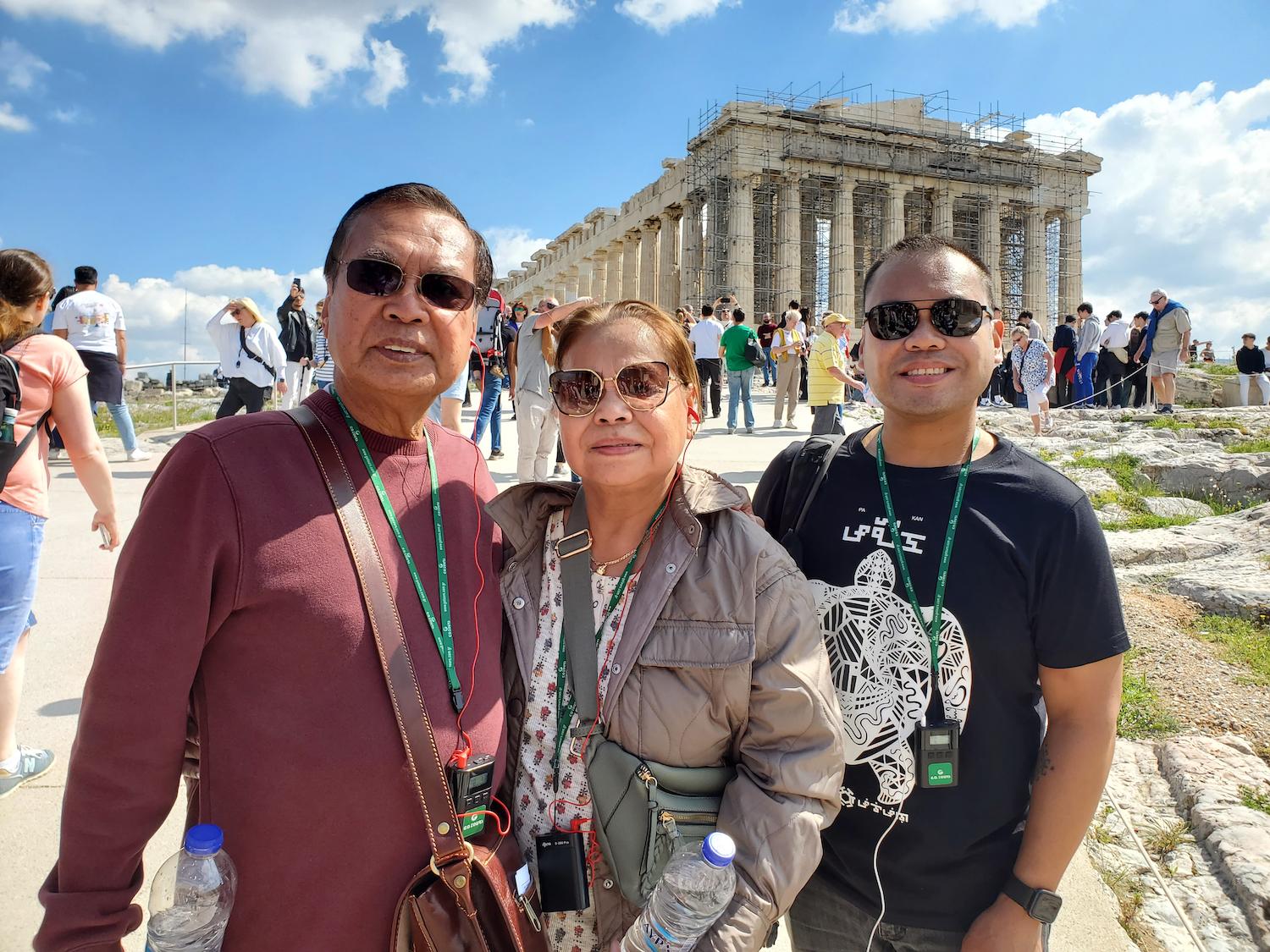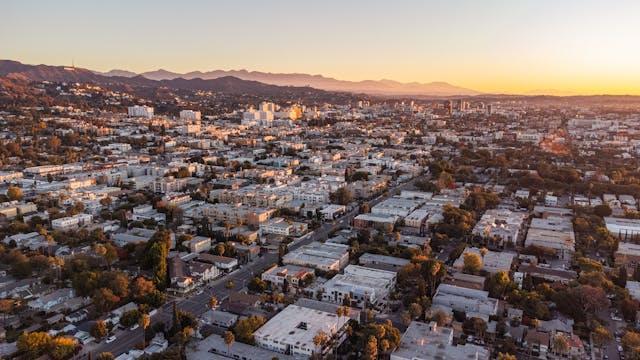Greece’s glorious history is worth reminiscing
ATHENS – As an ardent student of classical history and the ideals of democracy, I insisted that we include Greece as part of our family’s itinerary after Italy, particularly Athens, the capital of Greece where it all started. After all, Greece is the cradle of European civilization.
Greece has one of the longest histories in the world since 3000 BC (Bronze Age) that had its beginnings in the Minoan civilization on an island called Crete in the eastern Mediterranean Sea. Athens became powerful because its fleet dominated the Aegean, Mediterranean and Black Seas.
We focused our tour around Athens particularly the world famous Parthenon as a monument to democracy on the rocky Acropolis Hill. There are smaller temples, sanctuaries and theaters within Acropolis. Make sure your legs are strong for the hike towards the summit. For a guided tour, visit the nearby Acropolis Museum for more masterpieces and see real excavation sights through glass floors.
We also explored Delphi, which is about two hours by bus from Athens. Delphi is the holiest Greek shrine and sacred to the god Apollo and as the center of the ancient Greek world. Apollo is the Olympian god of light, knowledge and harmony. It is the home to the famous Oracle of Delphi located on the slopes of Mt. Parnassus. With a wealth of archeological treasures, it is a UNESCO World Heritage Site.
Athens is named after Athena, the daughter of Zeus and the patron goddess of war, wisdom and the crafts. She is also known as Athena Parthenos or Athena the Virgin.
The Acropolis where the Parthenon stood proudly is not far from our hotel or the cultural/financial center and parliament of Greece. Parthenon, which is now 6,687 years old, is a former temple which was constructed out of Pentelic marble on a 156 meter high hill in the 5th century (447-438 BC) as tribute for the Hellenic victory over the Persian invaders and for the goddess Athena. It also served as the city’s treasury. The pre-historic Parthenon is 72 meters long, 25 meters wide and eight meters high. This oldest building on Earth is now being restored.
This stately edifice was ransacked and burned by the Persian Army and was also damaged by the Venetians when it fought against the Turks when the latter occupied Greece. The statues adorning the temple were beheaded.
Speaking of Greece, we’re also reminded of Panathenaic Stadium as the first venue of the modern Olympic Games in 1896 (although this stadium was first built in 776 BC as a racehorse track); Alexander the Great from Macedonia; Western philosophers like Socrates, Plato, Aristotle, Pythagoras, historian and geographer Herodotus; the mythical Trojan War; the 12 Gods of Olympus, the epics of Homer who wrote the Ilian and the Odyssey; Corinth that we read in the New Testament; Spartan King Leonidas in 480 BC led the 300 warriors against the Persians led by its King Xerxes in the Battle of Thermopylae, among others.
The word demos (meaning, the people) is the precursor of the term democracy. Democracy is a Greek advocacy of fighting for the freedom against internal (as in the case of Macedonian Greece and other city-states) as well as external enemies like the Persian and Roman Empires. This was exemplified in the Battle of Marathon in 490 BC when Athens first defeated Persia.
When tyranny reigned in Athens as personified by tyrant Pisistratus, the people clamored for democracy. Cleisthenes (570-508 BC), who was elected chief archon or magistrate, was credited as the founder of democracy in Athens. Led by charismatic statesman Pericles (495-429 BC)), he presided over Athens’ golden age by establishing Athenian democracy to its fullest form in the ancient Agora where democracy was born. With the world’s first democracy, Greece instilled its rule of law that power shall emanate from all the people through election of their leaders as opposed to aristocracy, dictatorship and absolute monarchy.
Before becoming a unified country, Greece was composed of clans and tribes like the Mycenaeans and Ionians and city-states ruled by kings or rulers and rich landowners thus creating an aristocracy like the Philippines before the coming of the Spaniards.
However, while Athens was thriving, Sparta was jealous and threatened, and that resulted in their constant conflicts.
This encouraged the interference of Persia now known as Iran. Athens fell apart. It was Macedonia that came to its rescue under King Philip 11 (359-336 BC). He took Athens under his wings in 338 BC and got recognized as the leader of unified Greece during their struggle against the Persians. While preparing an invasion of Persia, Philip was murdered. His son, Alexander III the Great, took over the leadership and extended his rule (336-323 BC) into Asia, including Persia, Gaza, Egypt and Syria.
In 146 BC, the Romans conquered Greece but Athens received favorable treatment. During this period, it became a resort for vacation and education that produced Cicero, Horace and Ovid. Greece became Christian. However, because of Turkish influence, its main religion became Greek Orthodox Christianity. Modern-day Turkey is now predominantly a Muslim country as a result of the Ottoman genocides.
In 1458, Athens was taken over by the Ottoman Turks and the Acropolis became a Turkish village. It was taken by the Venetians in 1687. In 1690, the Turks recovered the city until it was liberated in 1833. The first king of Greece is Othon (1815-1867), born in Salzburg, Austria but was eventually deposed.
From Hellenic paganism to Western Catholicism, Greece has evolved to Eastern Christian Orthodox. Greece’s glorious and rich history is worth reminiscing.
* * *
The opinions, beliefs and viewpoints expressed by the author do not necessarily reflect the opinions, beliefs and viewpoints of Asian Journal, its management, editorial board and staff.
* * *






